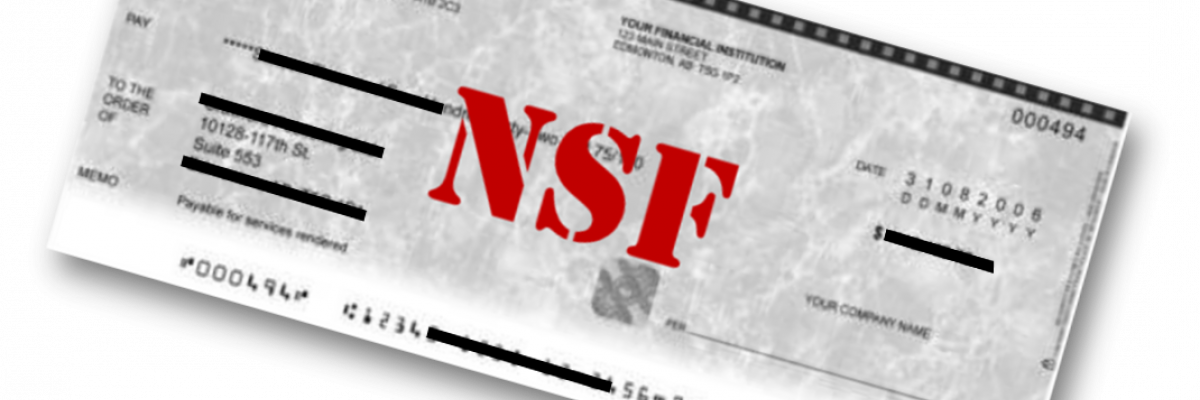My First Invoicing Nightmare
I was thrilled.
Still in college and eager to rack up bylines in the music writing world, any freelance gig in a publication other than my college paper was big news. The editor offered me $12 for my blog post. This is obviously nothing to call home about (other than maybe to ask my parents for grocery money) but I was excited for the opportunity. I dropped my plans for the night and banged out a draft. I remember the editor cutting out a few jokes he felt were inappropriate — a standard in my early writing career — but ultimately posting it to the blog the next day. I couldn’t be more proud.
I waited until the end of the month and dutifully filed my invoice. A week passed. Then a second. Then a third. I reached out to my editor. He was overworked and had lost it in the shuffle. He apologized, and told me to he’d make sure to file it properly next month. “It’ll go through in the next round,” he said. Invoices were processed once a month and always sent out via check.
I waited another month. Nothing came in the mail. I reached back out to the editor. I didn’t want to pester — I was thrilled to even write the thing — but was also confused as to why I hadn’t been paid. He explained that this time it was the accounting department that was overworked and had lost it in the shuffle. He said something to me that I would hear several times in my writing career: “I’m walking it down the hall to them right now.”
I would learn in the following years this is what editors say after invoicing failed a few times. They weren’t directly related to the problem, but felt responsible. It was their way of saying “I’m going to take some of my time and focus on this for you because I appreciate your writing.” Editors need freelancers. And they need the good ones to keep posting.
Shortly after my editor “walked it down the hall,” I received a check in the mail. It was for $12. I went to the bank and deposited it. A week later I received a notice from my bank. The check had bounced and I was charged a $35 fee.
I didn’t bother my editor about it anymore. I asked the bank what happened. The check was filled out improperly. The account had money in it, but some words didn’t match or something similar. The banker said it was common for overworked or lazy accounting people to make a sloppy mistake. “Just ask them to redo the check,” the banker said. No thanks.
I was new to writing and didn’t want to make a fuss. I loved every minute of being in the newsroom. It was a privilege, and just being near my coworkers was helping me learn and advance my skills as a journalist. But when it came to invoicing, the only thing I was learning was that the entire system was broken.
We created OutVoice to fix that system.
We set out to create a solution that radically improves the way publishers manage and pay their freelance content creators. And we couldn’t be more happy with the results. On this blog you’ll hear from writers, editors, and publishers about their experiences with invoicing before and after using OutVoice.

 Sign Up
Sign Up